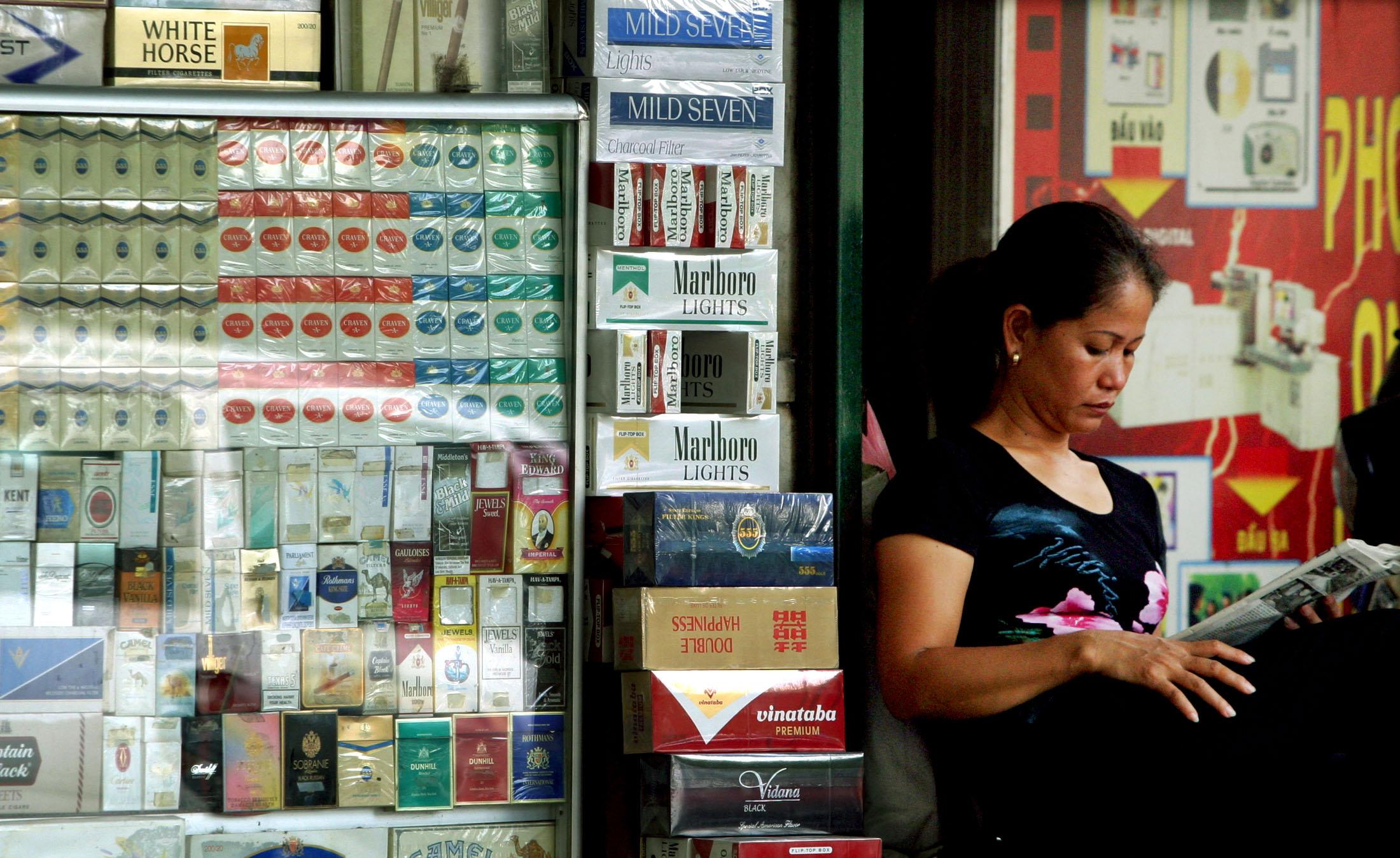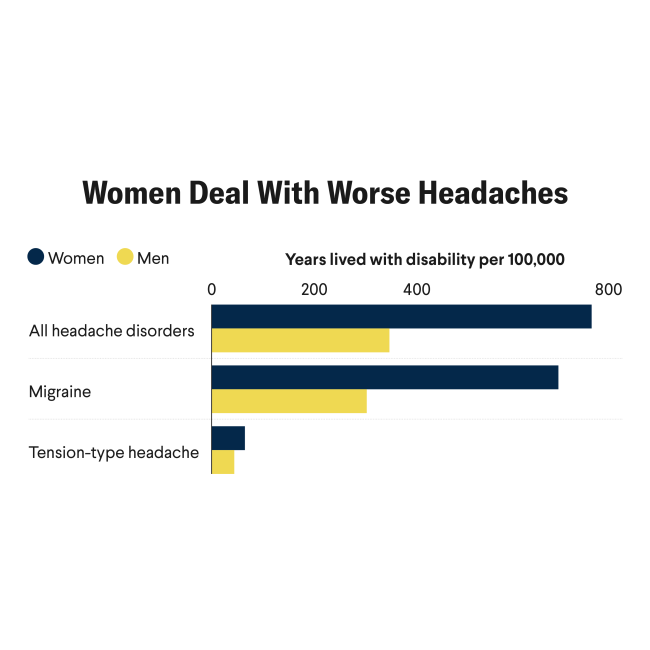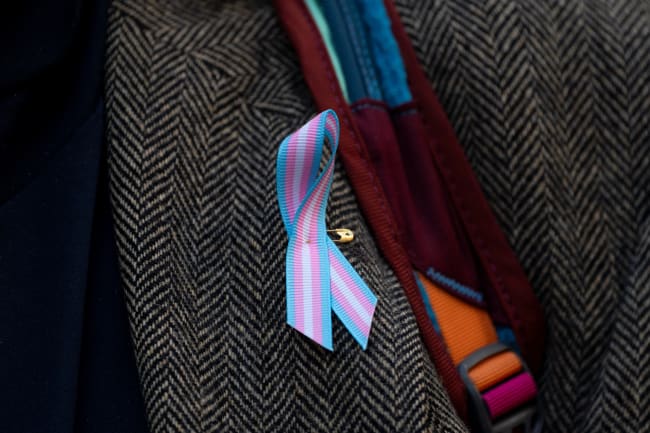Gender norms express themselves across the systems and structures that encompass health risk, individual behaviors, and health care. Gender also plays into noncommunicable disease (NCD) pandemics, which are overwhelming health-care systems worldwide. NCDs cause approximately three in four deaths globally, about 17 million of which in people under age 70. Of those deaths, a staggering 86% are in low- or middle-income countries.
The advertising industry has long leveraged gender frames to market health-harming products. This pattern includes tobacco campaigns reinforcing gender stereotypes such as the Marlboro Man and marketing cigarettes to women in what was thought to be emancipatory language such as "You've come a long way, baby."
Today, sexualized marketing of tobacco and alcohol remains pervasive. So does feminized branding, such as fruit-flavored alcohol products [PDF]. Among those who have cardiovascular disease—an NCD associated with consumption of both tobacco and alcohol—women are often underdiagnosed and undertreated.
These campaigns are increasingly targeting audiences in low- or middle-income countries. In India, one alcohol marketing event offered women wearing high heels more discounts on their drinks, an incentive to entice them into bars. In Kenya, the alcohol brand Snapp sponsored Miss World Kenya and emphasized consumption of gin as "sophisticated." As the World Health Organization (WHO) has noted, alcohol use among women in low- and middle-income countries is on the rise.

In recent years, the advertising industry has targeted women with weight loss and other "wellness treatments." These differences do not arise by chance or by biology alone. To counter the advertising industry's gendered burden on health, earmarking funds for gender-related research and program development should be part of the solution to turning the tide on the pandemic of NCDs.
An April report from the Lancet Commission on Gender and Global Health calls for tackling gender disparities by allocating a proportion of taxes on health-harming products to gender justice initiatives to improve health equity. The commission's research shows that the success of public health interventions in reducing exposure to health-harming products often varies between men and women. Despite evidence of gender's role, the report finds that public health remains gender blind.
Limited funding for gender research, lack of sex-disaggregated data, and inadequate investment in gender-focused programs hinder effective policy responses. Funds for such gender investments could be allocated from direct windfall taxes—one-time taxes on unexpected profits—on industries that profit from health-harming products based on the polluter pays principle. Yet countries have been reluctant to adopt this model for political reasons.
Instead, governments have introduced surtaxes on health-harming products—sometimes known as sin taxes. The latest figures show that 148 countries surtax alcohol and 109 surtax tobacco. These taxes both generate government revenue and improve population health by reducing consumption of these products.
In general, men smoke more than women, a risk factor that is one of the biggest contributors to differences in mortality and life expectancy
According to the WHO, raising taxes on tobacco is "the most effective way to reduce tobacco use." Although this idea is welcomed by most health advocates, some say that such taxes don't go far enough to account for the true costs related to the harm alcohol and tobacco cause.
In general, men smoke more than women, a risk factor that is one of the biggest contributors to differences in mortality and life expectancy. In Algeria, men are 26 times more likely to smoke than women. In India, men are seven times more likely to smoke and 10 times more likely to drink alcohol. In Kenya, men consume four times more alcohol. The tobacco industry thus sees the potential for a larger female market and gears its advertising accordingly.
In some countries, innovative policies that dedicate shares of health-harming product tax revenues through hypothecation are generating funds for health promotion. Thailand's 2% surcharge on excise taxes [PDF] on alcohol and tobacco funds ThaiHealth, a foundation supporting health promotion and disease prevention. In the United Kingdom, the Soft Drinks Industry Levy funds school breakfast clubs, school physical activity programs, as well as a Healthy Students Capital Fund.
New taxes, including sin taxes, can be unpopular and often face resistance. For example, research has documented the considerable opposition and tactics industry mobilizing against a proposed tax on alcohol and tobacco. Earmarking revenue from existing sin taxes for gender justice actions is a more pragmatic path. The journey on it starts with a better appreciation of the evidence and the NCD community's reappraising gender's role in the causation and prevention of NCDs.
The advertising industry has recognized the power of gender for decades. Public health must now do the same.

EDITOR'S NOTE: Elhadj As Sy is co-chair and Jeni Klugman is a commissioner on the Lancet Commission on Gender and Global Health. Kent Buse is an author on the report of the commission, a trustee of the World Obesity Federation, and chair of its Policy and Prevention Committee; the federation receives funding from industry but not the food industry.












